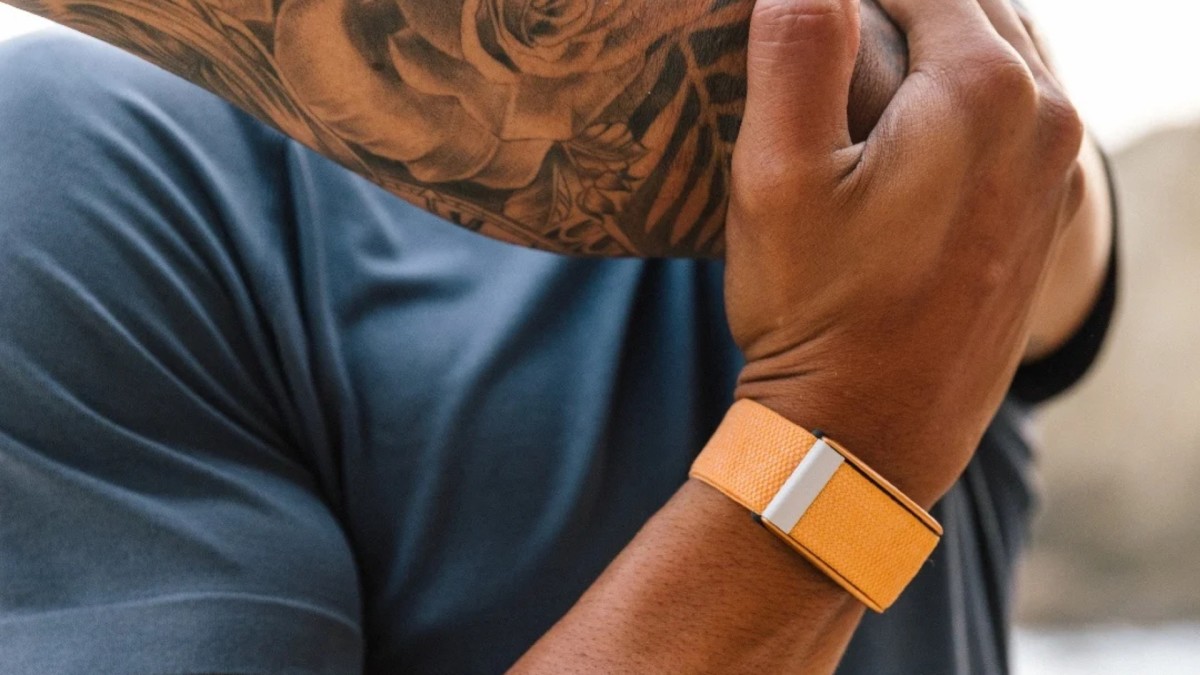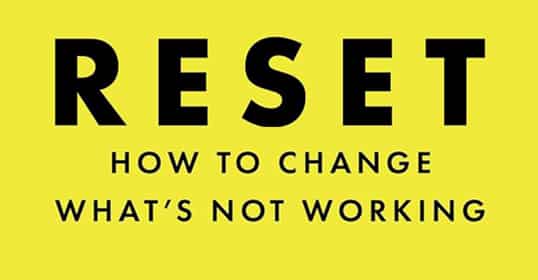
From monitoring your coronary heart charge to monitoring your steps, health trackers have modified the best way we see well being. We’re a nation obsessive about getting issues rapidly and wearable trackers like Whoop and Oura Ring have made it simpler than ever to see our well being standing in real-time. Nevertheless, having the ability to monitor your well being knowledge (particularly to observe coronary heart situations like atrial fibrillation) on the contact of a button could trigger extra hurt than good, a brand new examine says.
The examine, revealed within the Journal of the American Coronary heart Affiliation, discovered that sporting health trackers to observe coronary heart situations like AFib—a situation that causes an irregular heartbeat—may really make individuals really feel extra anxious about their well being.
Associated: The Finest Weightlifting Apps of 2024
In keeping with The American Coronary heart Affiliation, atrial fibrillation (higher generally known as AFib or AF reveals up as both an arrhythmia (when your coronary heart beats with an irregular or irregular rhythm or a quivering sensation. Whereas AFib itself typically is not life-threatening, it may possibly result in stroke, coronary heart failure, blood clots, and different comparable heart-related points. In keeping with its web site, an estimated 12 million individuals are projected to own this situation by 2030.
Whereas some individuals could by no means discover they’ve AFib, different sufferers report signs like emotions of a quick, fluttering, or pounding heartbeat, shortness of breath, dizziness, chest ache, and extra.
There are many causes a person could develop this coronary heart situation. In keeping with the Mayo Clinic, a couple of of the most typical embrace being born with a congenital coronary heart defect, having a coronary heart assault, having sleep apnea, or beforehand having an an infection from a virus.
Associated: Athlete Reveals Widespread ‘Widow Maker’ Coronary heart Assault Symptom You Would possibly Be Ignoring
The examine adopted 172 sufferers (each women and men of various ages) who had AFib. Of the 172, 83 used wearable displays for a nine-month interval, whereas the others wore nothing. In keeping with the analysis, wearable customers reported larger charges of symptom monitoring and preoccupation, in addition to extra AFib therapy issues in comparison with the people not sporting a monitor. As well as, 20 p.c of wearable customers skilled anxiousness and contacted their medical doctors in response to irregular rhythm notifications.
Whereas there is no doubt wearable expertise that tracks our well being in real-time will be constructive for monitoring steps, physique temperature, and sleep patterns, for extra severe situations like AFib, the analysis suggests it is perhaps doing extra hurt than good.
If you end up obsessing over your wellness, do your finest to be aware of how usually you verify it. It could even be useful to take a break and go tech-free.







